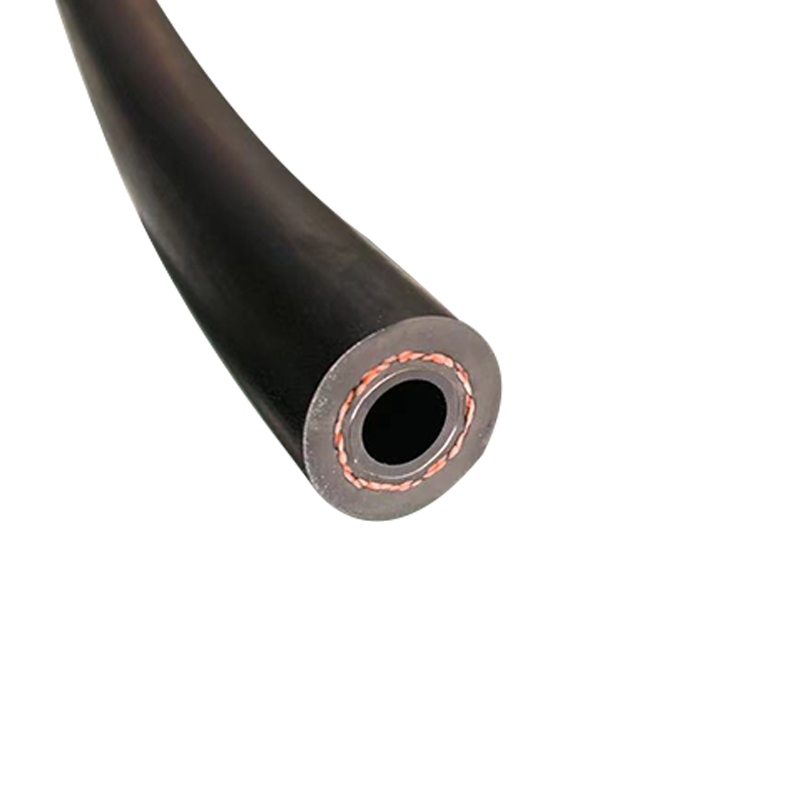Understanding Hydraulic Brake Lines and Their Importance in Automotive Braking Systems for Safety and Performance
ئاۋغۇست . 09, 2024 02:55 Back to list
Understanding Hydraulic Brake Lines and Their Importance in Automotive Braking Systems for Safety and Performance
Understanding Hydraulic Brake Lines Function, Importance, and Maintenance
Hydraulic brake lines are critical components of a vehicle's braking system, playing a pivotal role in ensuring safe and efficient braking performance. Whether you're driving a car, motorcycle, or heavy-duty truck, understanding how hydraulic brake lines function and the importance of maintaining them can significantly impact your vehicle's safety.
The Function of Hydraulic Brake Lines
At the heart of most modern braking systems is hydraulic technology. Hydraulic brakes operate based on Pascal's principle, which states that pressure applied to a confined fluid is transmitted equally in all directions. Hydraulic brake lines connect the brake master cylinder to the brake calipers or wheel cylinders at each wheel. When you press the brake pedal, it activates the master cylinder, and hydraulic fluid is pushed through the brake lines. This pressure forces the brake calipers to clamp down on the brake pads, which in turn press against the brake discs or drums, slowing down or stopping the vehicle.
One of the key advantages of hydraulic braking systems is their efficiency. They offer more stopping power with less pedal effort compared to mechanical systems. The hydraulic fluid used is typically a specialized brake fluid that has a high boiling point to withstand the heat generated during braking. This fluid must also be non-compressible to ensure that the pressure applied to the brake pedal is effectively transmitted to the braking components.
The Importance of Hydraulic Brake Lines
The integrity of the hydraulic brake lines is paramount for safe driving. Any leaks or damages in these lines can lead to brake failure, which is often catastrophic. Conditions such as weather exposure, corrosion, or physical wear can cause the lines to deteriorate over time. Regular inspections are essential to identify any signs of wear, such as cracking, bulging, or rust.
Another vital aspect to consider is the brake fluid itself. Over time, brake fluid can absorb moisture from the air, which lowers its boiling point and can lead to brake fade—where the brakes lose effectiveness after prolonged use. This is particularly dangerous in situations that require repeated braking, such as downhill driving or during an emergency stop.
hydraulic brake line

Maintenance Tips for Hydraulic Brake Lines
1. Regular Inspections Have your brake lines checked during routine vehicle maintenance. Look for any signs of wear or damage, such as leaks or surface corrosion.
2. Brake Fluid Replacement Change your brake fluid according to your vehicle manufacturer’s recommendations. Typically, this should be done every two years, but it’s wise to check the fluid condition regularly.
3. Use Quality Parts If you need to replace any part of the brake system, including brake lines, always opt for high-quality components that meet or exceed manufacturer specifications.
4. Be Mindful of Contaminants Ensure that no dirt or moisture enters the brake lines during repairs or replacements. Contaminated brake fluid can compromise braking performance.
5. Listen for Warning Signs Pay attention to any unusual sounds when braking, such as grinding or squeaking, and address them promptly. Warning lights on your dashboard related to the braking system should never be ignored.
Conclusion
Hydraulic brake lines are an essential part of a vehicle’s braking system, vital for both performance and safety. Understanding their function and importance, along with maintaining them properly, can ensure that your vehicle remains safe and dependable on the road. Regular checks and timely interventions can prevent potential brake failures, giving you peace of mind and a safer driving experience. Remember, when it comes to brakes, it’s always better to be proactive than reactive.
